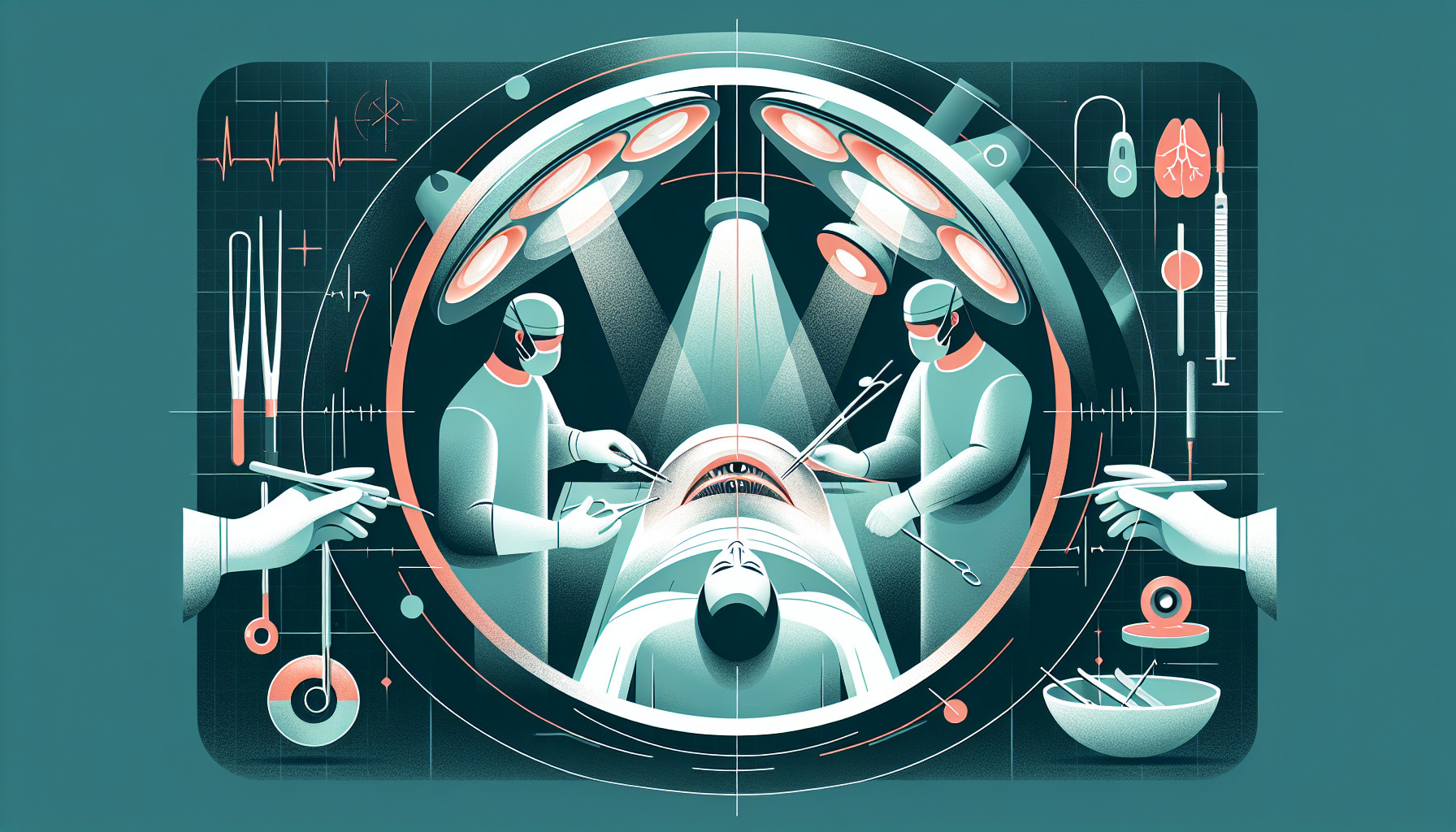Our Summary
This research paper is about new developments in cataract surgery. Modern cataract-removal machines use ultrasound technology, and using this technology efficiently is important for reducing the time it takes to perform surgeries and for improving patient outcomes after surgery. The paper reviews recent studies on how to best use ultrasound in cataract surgery.
The research shows that higher power and aspiration doesn’t necessarily mean the surgery will be more efficient. However, new techniques such as torsional ultrasound, micropulse, and burst mode have shown to be more efficient in trials compared to traditional ultrasound. When it comes to vacuums used in the surgery, the venturi pump has shown to be more efficient than the peristaltic pump. The paper also looks at other factors like chamber pressure and tip selection.
The paper also discusses femtosecond-laser assisted cataract surgery (FLACS), which has shown similar long-term visual outcomes to traditional cataract surgery. The paper concludes that while traditional cataract surgery is still very effective, surgeons now have more options for customizing their ultrasound settings and techniques for removing cataracts.
FAQs
- What are some of the new developments in ultrasound technology for cataract surgery?
- How does the efficiency of the venturi pump compare to the peristaltic pump in cataract surgery?
- Do femtosecond-laser assisted cataract surgeries have similar long-term visual outcomes compared to conventional cataract surgery?
Doctor’s Tip
A helpful tip a doctor might tell a patient about cataract surgery is to trust in the advancements in phacoemulsification technology. New developments such as torsional ultrasound, micropulse, and burst mode have shown increased efficiency in removing cataracts compared to conventional ultrasound. It is important to discuss these options with your surgeon to ensure the best possible outcome for your cataract surgery.
Suitable For
Patients who are typically recommended for cataract surgery include those with significant vision impairment due to cataracts, difficulty performing daily activities, glare sensitivity, and decreased night vision. Additionally, patients with cataracts that are causing other eye conditions such as glaucoma or macular degeneration may also be recommended for surgery. Overall, the decision to undergo cataract surgery is individualized and based on the patient’s specific visual needs and overall health.
Timeline
Before cataract surgery:
- Patient undergoes a comprehensive eye examination to determine the severity of the cataract and overall eye health.
- Patient meets with the ophthalmologist to discuss the surgery, potential risks, benefits, and expected outcomes.
- Pre-operative testing is conducted to ensure the patient is a suitable candidate for surgery.
- The patient may need to stop taking certain medications or adjust their dosage prior to surgery.
- The patient receives instructions on how to prepare for surgery, including fasting before the procedure.
After cataract surgery:
- Patient is monitored in the recovery area immediately following surgery to ensure there are no complications.
- Patient may experience blurred vision, irritation, or discomfort in the first few days after surgery.
- Eye drops are prescribed to prevent infection and promote healing.
- Follow-up appointments are scheduled to monitor the healing process and assess vision improvement.
- Patient may need to wear a protective shield over the eye while sleeping to prevent rubbing or injury.
- Vision gradually improves over the following weeks as the eye heals and the intraocular lens settles into place.
- Patient may need to avoid strenuous activities or heavy lifting for a period of time to prevent complications.
- Ophthalmologist may prescribe glasses or contact lenses to optimize vision after surgery.
What to Ask Your Doctor
Some questions a patient should ask their doctor about cataract surgery include:
- What type of cataract surgery will I be undergoing (traditional phacoemulsification or femtosecond-laser assisted cataract surgery)?
- What experience do you have in performing cataract surgery?
- What are the potential risks and complications of cataract surgery?
- What is the expected outcome of the surgery in terms of vision improvement?
- How long is the recovery process and what can I expect during the recovery period?
- Will I need to wear glasses or contact lenses after the surgery?
- Are there any specific preoperative or postoperative instructions I need to follow?
- What type of anesthesia will be used during the surgery?
- How long will the surgery take and will I need someone to drive me home afterwards?
- Are there any alternative treatments to cataract surgery that I should consider?
Reference
Authors: Bu JJ, Chung J, Afshari NA. Journal: Curr Opin Ophthalmol. 2022 Jan 1;33(1):41-46. doi: 10.1097/ICU.0000000000000821. PMID: 34854827
